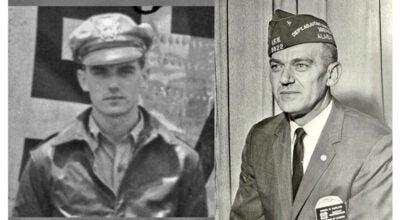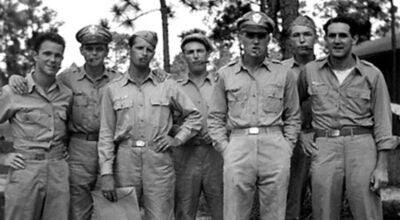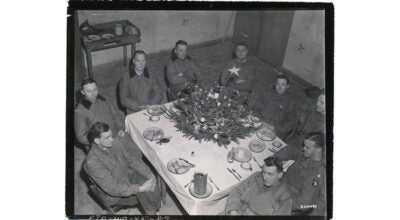Auburn players’ hearing should have been open
Published 12:00 am Thursday, April 7, 2011
Lee County District Court Judge Steven T. Speakman is guilty of bad judgment in his decision Wednesday to close the preliminary hearing of four former Auburn football players facing armed robbery charges.
The fact that Speakman closed the hearing on one hour’s notice – at 10 a.m. for an 11 a.m. hearing – only made it worse. As a result, despite the frantic efforts of The Auburn Plainsman student newspaper to open or delay the hearings, it went forward, closed to the media and to the public.
Speakman told reporters that he closed the hearing because he was informed just that morning that at least one of the defendants would be seeking youthful offender status. But rather than delay the hearing until the defendants’ status is resolved, Speakman charged ahead.
While I understand that youthful offenders receive greater protection than adults, particularly from media coverage, I do not understand why Speakman would not delay the hearing.
Attorney Dennis Bailey, general counsel for the Alabama Press Association (who tried to communicate with the court on behalf of The Plainsman), said he had never heard of a case where a hearing was closed before a defendant’s status was resolved.
The court’s behavior after the hearing was no more commendable. According to The Plainsman reporter covering the trial, media members were not informed of the court’s decision. In fact, reporters were apparently misled about the availability of trial personnel (prosecution and defense) for interviews, allowing them to leave without being questioned.
The Plainsman was left to confirm an Associated Press report, that the case had been referred to the Lee County Grand Jury, through a court official. No written decision was provided.
The open trial is a time-honored, and Supreme Court-protected, principle. Citizens need to know that the system does work, and that justice does not occur in secret. And what better case to demonstrate this than one involving former members of a high-profile football program? They too are equal under the law.
And what happens if the youthful offender status is denied? In essence, Speakman would have shut the public out of the preliminary hearing of four charged adult felons for no good reason. Is that a constitutional risk worth taking?
The fact that this was a preliminary hearing affords it no less protection than an actual trial. In a 1992 decision, the Alabama Supreme Court upheld the media’s right to attend the preliminary hearing in a murder retrial, after the judge tried to close it.
We can only speculate why the defendant’s attorney chose to wait until the morning of the preliminary hearing to inform the judge of the youthful offender status request. The request did not appear in any court motions previously.
Perhaps it was a ploy to delay the preliminary hearing. Previous requests to delay were denied; this might have been a last-ditch effort.
By standing firm, Speakman allowed himself to be finessed into closing a court proceeding that, as we might later learn, should have been open to the public. Certainly a delay would have been a more judicious option.
John Carvalho, an associate professor of journalism, is faculty adviser to The Auburn Plainsman student newspaper. He served as Plainsman editor from 1977-1978.
More COLUMN -- FEATURE SPOT





